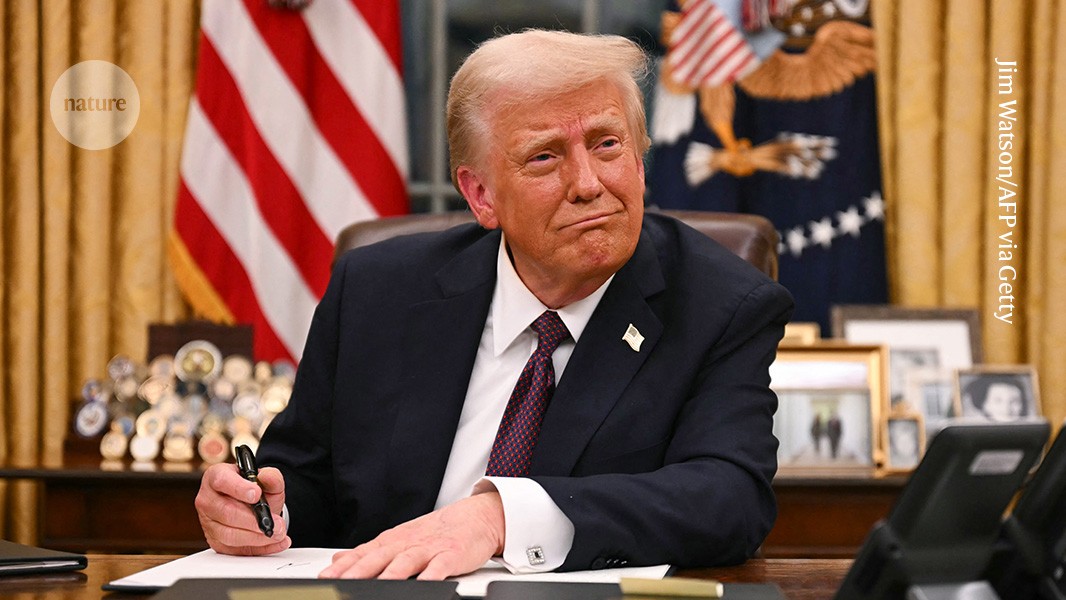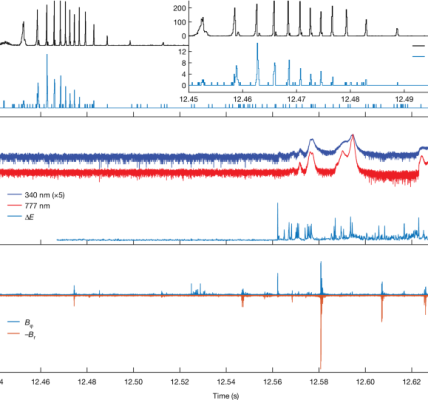Implications of Trump’s presidency for science and public health: How the United States responds to a joint withdrawal from the World Health Organization
Nearly five years later, one of the opening salvos of Trump’s second term has been to again initiate the process of withdrawing the US from the WHO. There are threat of legal challenges to the move.
According to a 1948 joint resolution passed by both houses of Congress, any such withdrawal requires the US to provide the WHO with one year’s notice, but it appears that Trump’s intentions are to withdraw immediately and do so without seeking Congressional approval.
According to Sten Vermund, chief medical officer of the Global Virus Network and another coauthor of The Lancet article, what happens next depends on the reactions of other countries and nongovernment organizations such as the Bill and Melinda Gates Foundation, the World Bank, and Gavi, the Vaccine Alliance, which all provide the WHO with significant funding. After Trump cut US contributions to the WHO to $680 million in 2020–21, Germany responded by quadrupling its contributions to more than $1 billion. The rise of non- communicable diseases and improving sexual and reproductive health was placed high in the list of priorities by the Danish government.
However, Gostin and others are particularly concerned about the impacts of a US withdrawal on the country’s ability to manage the ongoing threat of infectious diseases. While the WHO advises on essential medicines, public policy recommends on everything from tobacco and drug use to road safety, as well as advising on an international response to potentially problematic new diseases such as bird flu, it is most influential when it comes to the supervision of potentially problematic new diseases.
Donald Trump was inaugurated as the 47th President of the United States on Monday, and immediately signed several executive orders that could affect science at home and abroad. The orders — which direct the actions of the federal government but cannot change existing laws — are designed to shift policies and priorities on several scientific issues, including climate and public health. They want to cut the workforce of scientists and possibly reduce its authority.
Trump signalled in one order that — similar to his first presidency from 2017 to 2021 — he would pull the United States out of the 2015 Paris climate agreement. Citing both national security concerns and the impact of high energy prices that “devastate” American citizens, Trump also declared a ‘national energy emergency’ at home, an action that could enable his government to greenlight fossil-fuel-based energy projects.
According to the president, Trump’s emergency order would allow the US to identify energy projects that are being held up because of federal regulations. Agencies would be given the ability to approve projects faster by using any lawful emergency authorities.
But there are limits to what Trump can accomplish, because in many ways, “the economy trumps Trump”, says Mark Maslin, an Earth-system scientist at University College London. For instance, Maslin says, it’s now much cheaper to invest in renewable energy sources such as solar and wind than it used to be, and that means that investments in those technologies will continue.
Although the Paris agreement will not function without the US, scholars worry that a US exit will reduce the pressure on other countries to act. This follows Earth reaching its highest temperature on record last year, and scientists say that countries must increase efforts to curb emissions if they are to achieve the global goal.

